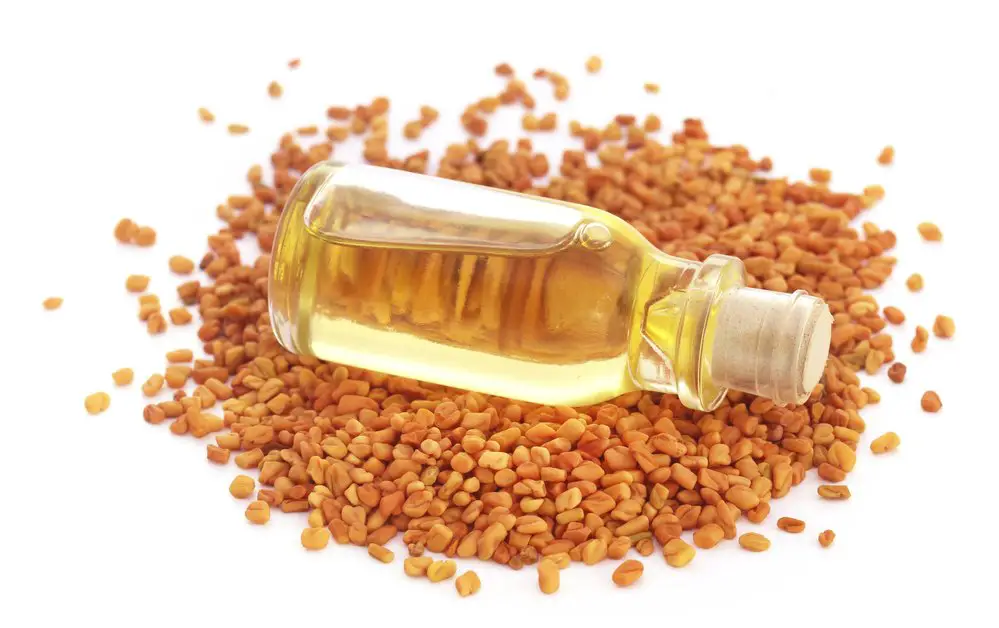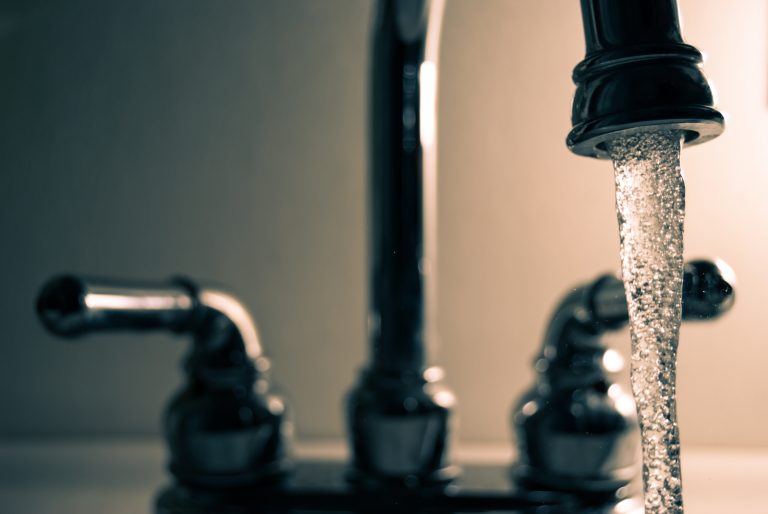
Page Contents
Hair loss has so many causes that it can be hard to pinpoint what is causing your hair fall. If you are trying to prevent hair loss, you may want to know if hard water can cause it. While the short answer is yes, hard water can cause hair loss, there is much more to it than that.
To start, what is hard water? And how does hard water cause hair thinning? More importantly, what can you do about hair damage caused by hard water? I’ll try to answer all those hard water questions and a few more so you can avoid getting damaged hair from this.
What Is Hard Water?
Hard water is water that has large amounts of minerals. Most hard water is caused by nearby mineral deposits of limestone, gypsum, and chalk. All three of these often have magnesium sulphate and calcium carbonate, which both easily end up in the water supply.
Small amounts of calcium and magnesium minerals are considered acceptable, with 1.0-3.5 parts per gallon being classified as only ‘slightly hard.’ Hard water usually has 7.0-10.5 parts per gallon.
However, depending on where you live, there is a high chance your water may also have:
- Chloride
- Aluminium
- Copper
- Lead
- Iron
- Sulfate
- Silica
Lead is usually in your water due to old pipes, whereas chloride is used to purify saltwater and is in most household pipes near the coast.
Signs Your Water Is Hard
A mineral build-up will eventually happen with hard water, and there are certain signs you can look for. If your soap doesn’t lather properly, whether it is hand soap or shampoo, this could be because of this.
It can cause your hands or hair strands to have a filmy appearance. You may also notice this on your clothes or in your washer, which is why people sometimes buy water softeners specifically to be added to their laundry.
Calcium build-up can be seen on the rim of faucets or around the holes of your showerhead. Teapots, coffeepots, and the pan you use to boil water in will get a white power around the edges when hard water is used in them.
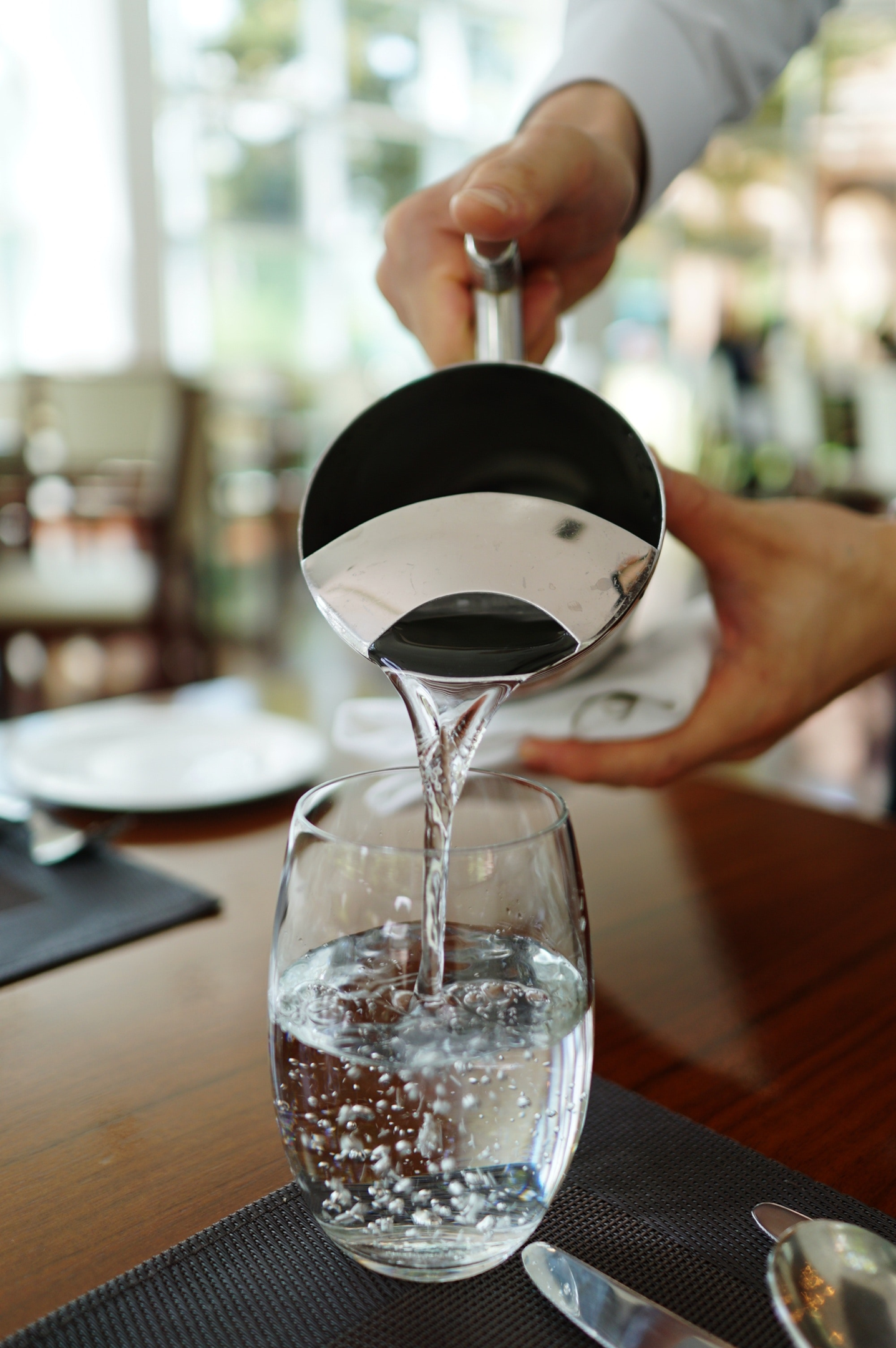
If you have a high concentration, this will happen more quickly than it will if the concentration is low. Eventually, you will get low water pressure. If your water is particularly hard, it may even taste off to you.
Does Hard Water Cause Hair Loss?
According to a study by the National Library of Medicine (NLM), hard water doesn’t affect the elasticity or the tensile strength of hair. However, this study compared hard water to distilled water instead of soft water, which is different.
It also only had the hair strands immersed in the water, which is quite different from the state your hair strands are in when using shampoo. However, another study done by the NLM said that hard water does decrease the strength of hair, leading to hair breakage.
There are many reasons why this happens. First, calcium can build up on your hair and scalp. Too much of it clogs up your hair follicles by blocking the place your hair shaft comes through.
While your hair is still growing out of its follicle, if it is slightly blocked, its growth will be crooked and twisted. If this is just starting to happen, it may make your hair frizzy. After a while, it will cause hair loss.
Next, if it makes its film on your hair strands, it will block moisture from getting to your hair. This will make your hair brittle and lead to hair breakage. Though brittle hair is not exactly the same as hair loss, since your hair is still growing just fine, it will make it look like you are losing your hair, especially if it is breaking close to your scalp.
Finally, though there is almost no evidence supporting it, some people say that hard water affected their hair colour, in some cases making it have a light greenish hue. Hair treated to be curly might also be weighed down by build-up caused by hard water, not getting the amount of bounce they want in their curls.
What To Do About Hard Water
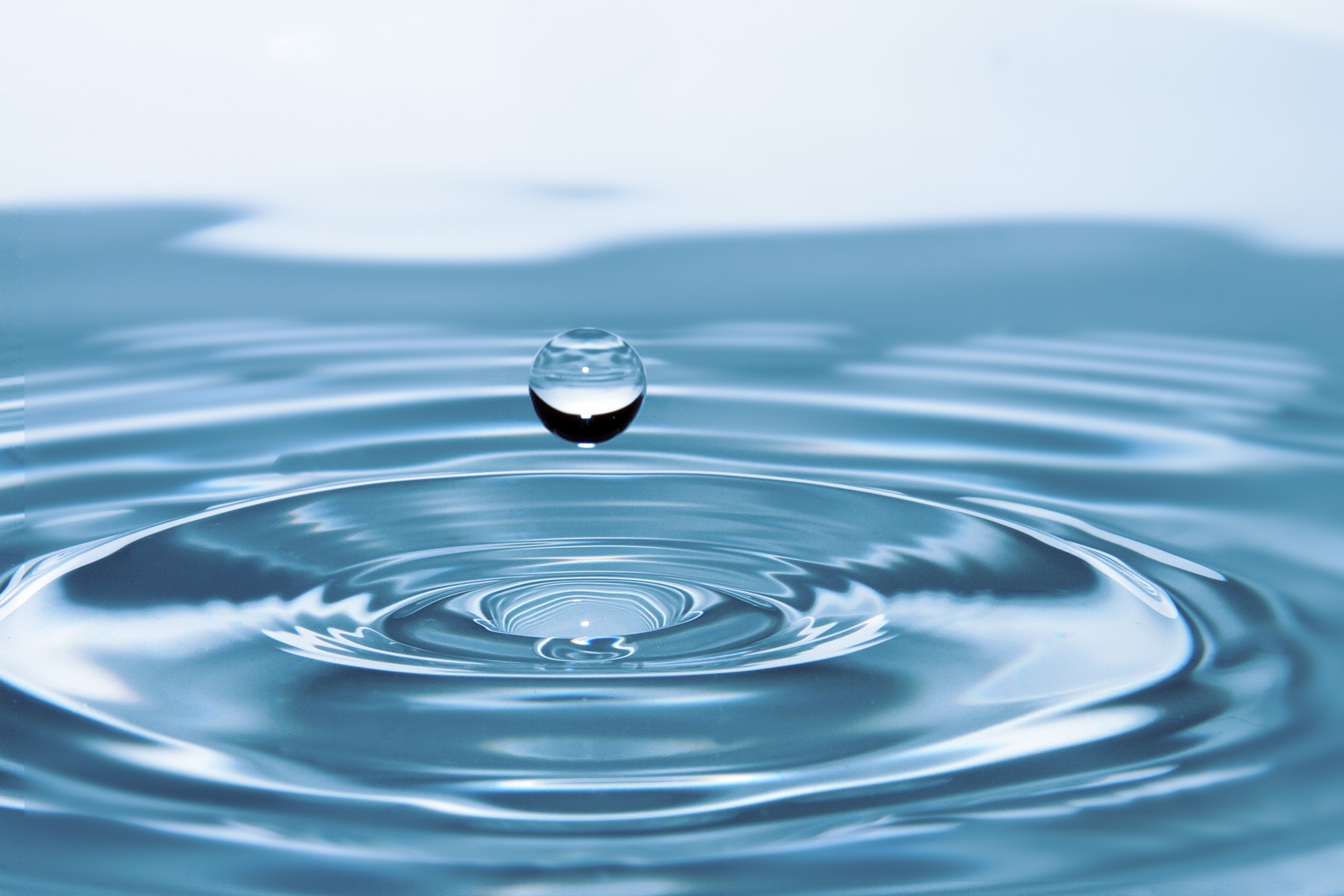
The most common remedy for hard water is getting a water softener. There are many different forms of water softeners you can use to improve your water quality, each one with advantages and disadvantages.
You can get a water softening system for your whole house that will ensure any water you use in your home is soft. If you are only concerned about washing hair, shower filters are a great type of water softener that you can easily use.
A house system for hard water can be either complicated or simple, but is often very expensive. A shower filter is either attached to part of the hose, or the showerhead is the water softener.
Additionally, there are different ways a water softener can work. What minerals you have in your water and how bad your mineral build-up is will determine which type is best for you, but most water softener types can be put in one of four categories:
#1. Ion Exchange
This type has a filter with a layer of resin that exchanges some of the ions of the water. The resin filters out the calcium and magnesium ions and replaces these with sodium ions from a brine tank.
Depending on the design, the brine tank can last quite a while as long as you replace the salts. However, this water system isn’t for people who need to cut back on their sodium.
#2. Chelation
Chelation systems don’t use salt, but they do have something in them that bonds to the calcium and magnesium. This system often doesn’t filter everything out, only the excess minerals in hard water. Since small amounts of these minerals can be beneficial, some people prefer this type of water filtration system.
#3. Magnetic
This type is probably the least useful for preventing hair damage from hard water. Magnetized water softeners work by creating a magnetic current in your water to ‘charge’ the minerals in it.
This does not remove any of the minerals in your water; it only prevents them from clinging to things and building up in your pipes and faucets.
#4. Reverse Osmosis
Reverse osmosis uses multiple filters to take everything possible out of your water. It is most commonly found in faucet and showerhead attachments. The downside of this type of water softener is that it uses far more water.
Ways To Prevent Hair Damage From Hard Water
If you are going on vacation or staying with a friend, you may not be able to do anything to soften the water you are using on your hair. To avoid hair loss if you travel frequently, you should try these tips when you have to use hard water.
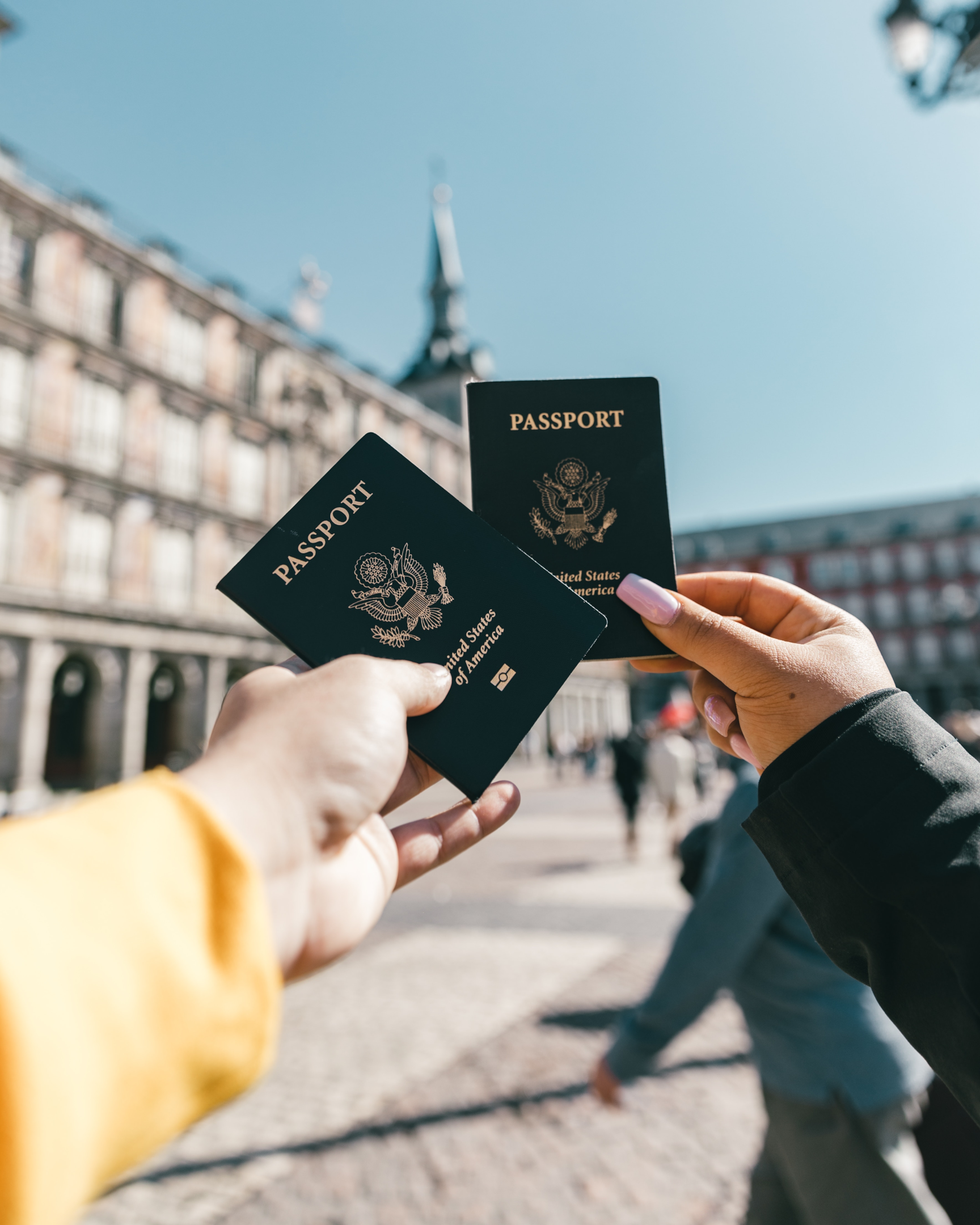
Use Other Water On Your Hair
It may be more difficult and time-consuming, but washing your hair in a sink with bottled water is a solution. Purified bottled water can be either distilled or filtered. Rainwater is another good option.
Cold water, even if it is not soft water, is a good option as well. It will make your follicles smaller and prevent some of the blockage. Even lukewarm water is better than hot to wash your hair.
Use A Hair Rinse
Acidic rinses are good at removing build-ups. You can use a lemon juice or apple cider vinegar rinse for this. Regular vinegar and almost anything else that is acidic can help as well. However, apple cider vinegar is perhaps the best choice because it has other benefits for your hair.
Change Your Hair Care Routine
Getting the right hair products in your hair care routine can go a long way toward negating the effects of hard water on your hair. Some shampoos may be better than others if you have to use hard water on your hair.
The right shampoo will be one that can remove the build-up without stripping your hair too much or allowing the hard water to cause hair build-up as you rinse it out. Try looking at demineralizing or chelating shampoos.
Leave-in conditioners are also a good option, and some are specifically made to help prevent hair loss. A good leave-in conditioner will help blood flow to your scalp and contain the essential nutrients your hair needs.
Hair masks can help moisturize your hair, especially if they contain natural oils like argan oil. Some hair masks have essential oils in them that can be very beneficial to your hair, and anything with aloe vera can help your hair heal.
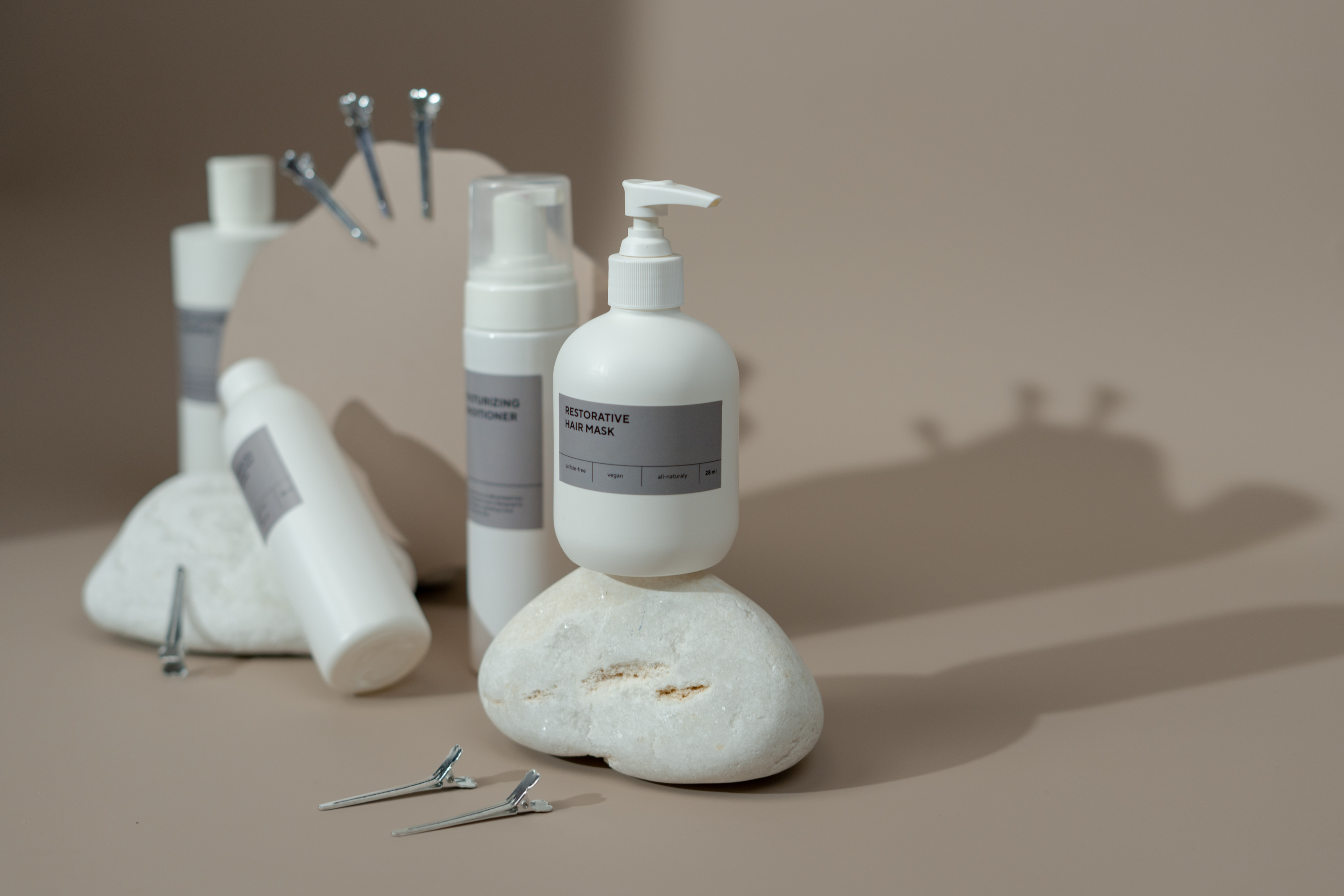
Final Thoughts
Hair loss caused by hard water can be difficult to verify. If you have naturally soft hair, it may take longer for you to get hair damage than it would for someone who already has dry hair.
Fortunately, hard water doesn’t cause permanent damage to your hair growth unless you do nothing about it. Start looking at your water now and do something to fix it if you find your water is hard.
If you already have hair damage from hard water, let me know if any of the info I gave was able to help your hair!




